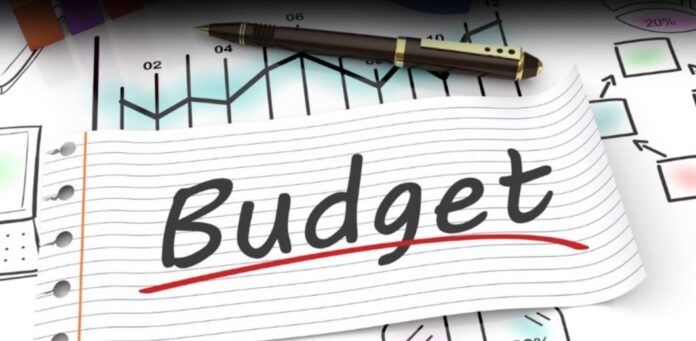By: Staff Writer
October 12, Colombo (LNW): Sri Lanka’s 2025 budget implementation has come under sharp scrutiny following revelations by the World Bank that the government has failed to utilize even a quarter of its annual budget allocations during the first seven months of the year. The under-execution of capital expenditure, in particular, has raised serious concerns over the administration’s fiscal management and its ability to drive economic recovery through planned public investment.
According to the World Bank’s latest update, only 22.2 percent of the total budgeted expenditure was spent by the end of July 2025 marking a 19.8 percent decline compared to the same period last year. The sluggish performance is primarily attributed to the late passage of the Appropriation Act in March and the delayed restart of foreign-funded infrastructure and development projects following the debt restructuring process.
While the government has been quick to highlight its improved fiscal discipline, analysts argue that the slow pace of spending particularly on capital projects indicates administrative paralysis rather than prudence. Capital expenditure, which finances infrastructure, industrial development, and public sector modernization, has seen one of its lowest execution rates in recent years, leaving several planned projects either stalled or abandoned.
In contrast, government revenues surged by 26.5 percent year-on-year, mainly due to higher taxes on imports. The removal of the long-standing vehicle import ban in February 2025 contributed to this surge, as personal vehicle imports rose thirteenfold to USD 506.1 million by July, surpassing the total import value recorded during 2020–2024 combined. The revival of vehicle imports, along with stronger consumer goods demand, pushed the overall import bill up by 11.8 percent in the first seven months of 2025.
Meanwhile, primary expenditure (excluding interest payments) increased by 7.2 percent, driven by the government’s decision to resume public sector recruitment, implement the 2025 salary hikes, and expand welfare programs. These current expenditures have consumed much of the available fiscal space, leaving capital investment underfunded and under-executed.
Despite the rise in expenditure, the World Bank notes that the government’s primary balance surplus improved by 87.5 percent year-on-year, largely because the capital budget remained unspent. Economists, however, caution that such a surplus is misleading. “The fiscal surplus is not a reflection of sound management but of inaction,” a senior policy analyst said . “When you don’t execute development projects, you automatically spend less but that also means you generate fewer jobs and delay infrastructure-led growth.”
The under-utilization of capital allocations is likely to have ripple effects across multiple sectors, including transport, health, and education, which rely heavily on public investment. With Sri Lanka’s economic recovery still fragile, experts warn that failing to implement budgeted capital projects could undermine growth targets for 2025 and beyond.
As the government prepares for the 2026 budget cycle, calls are growing for greater transparency, accountability, and efficiency in public spending. The World Bank report makes it clear that while fiscal stability may appear to improve on paper, Sri Lanka cannot afford to achieve it by freezing capital investment the very engine needed to drive sustainable development and economic revival.
